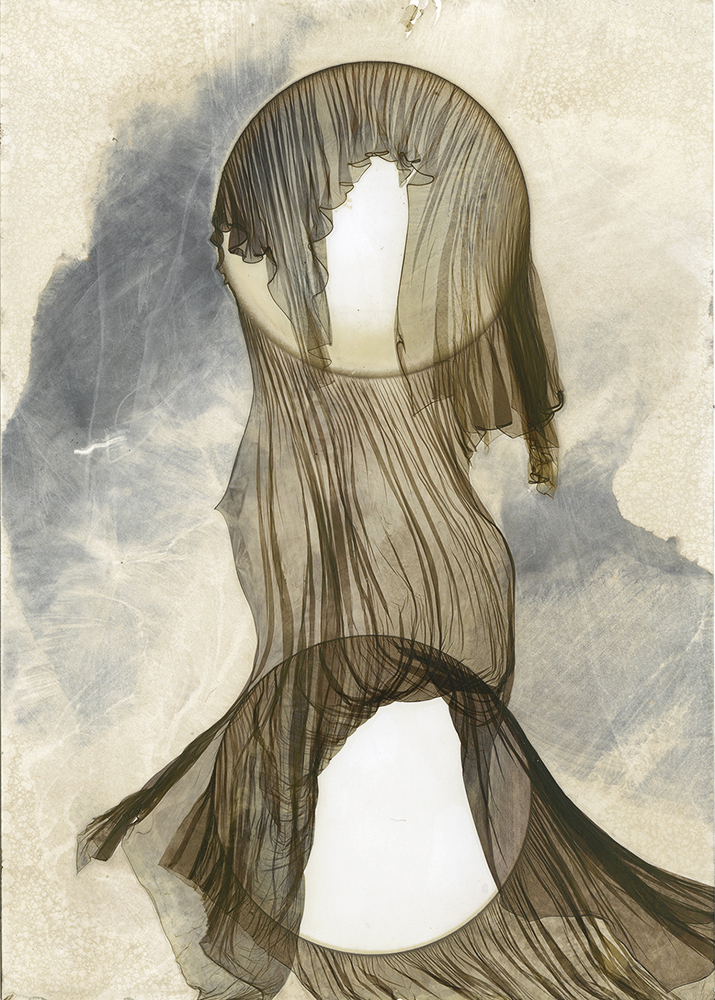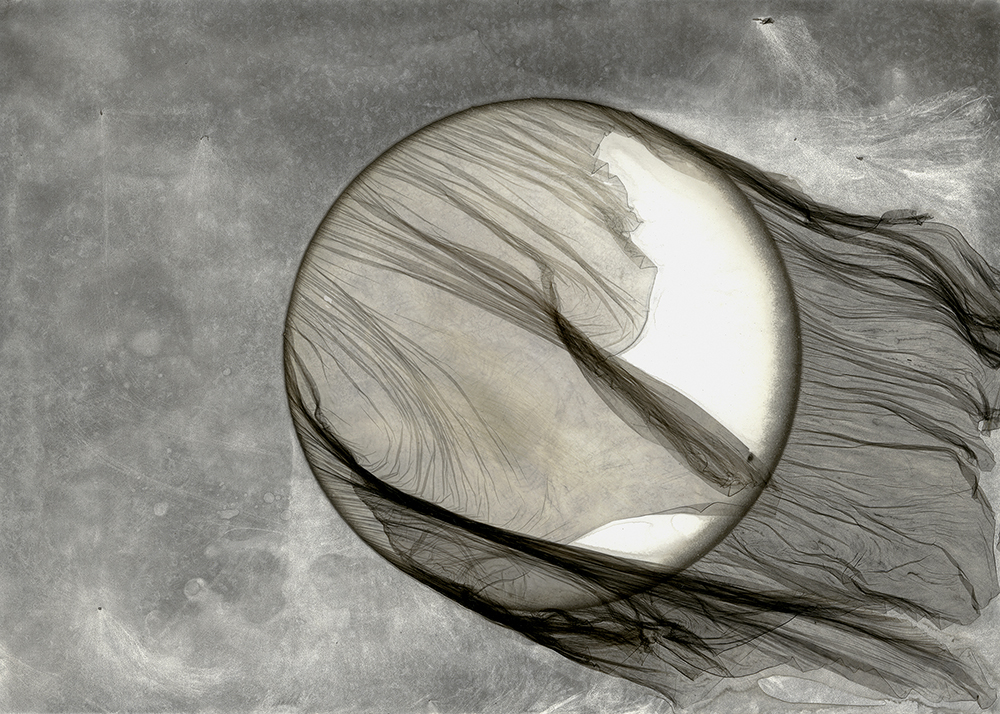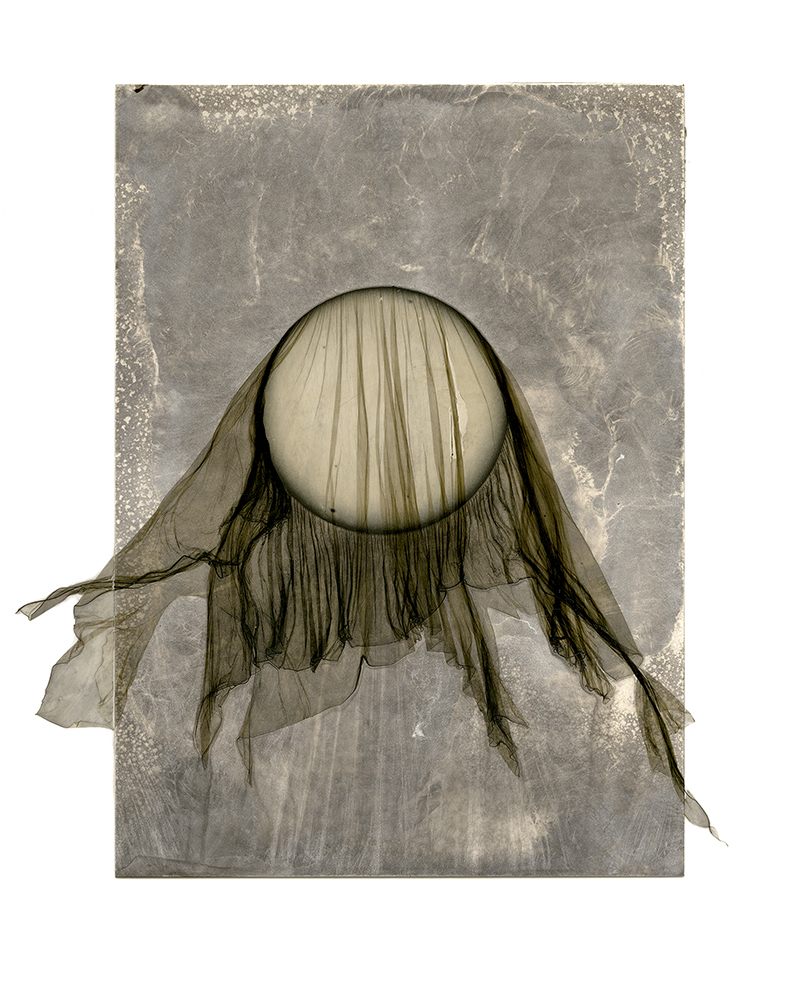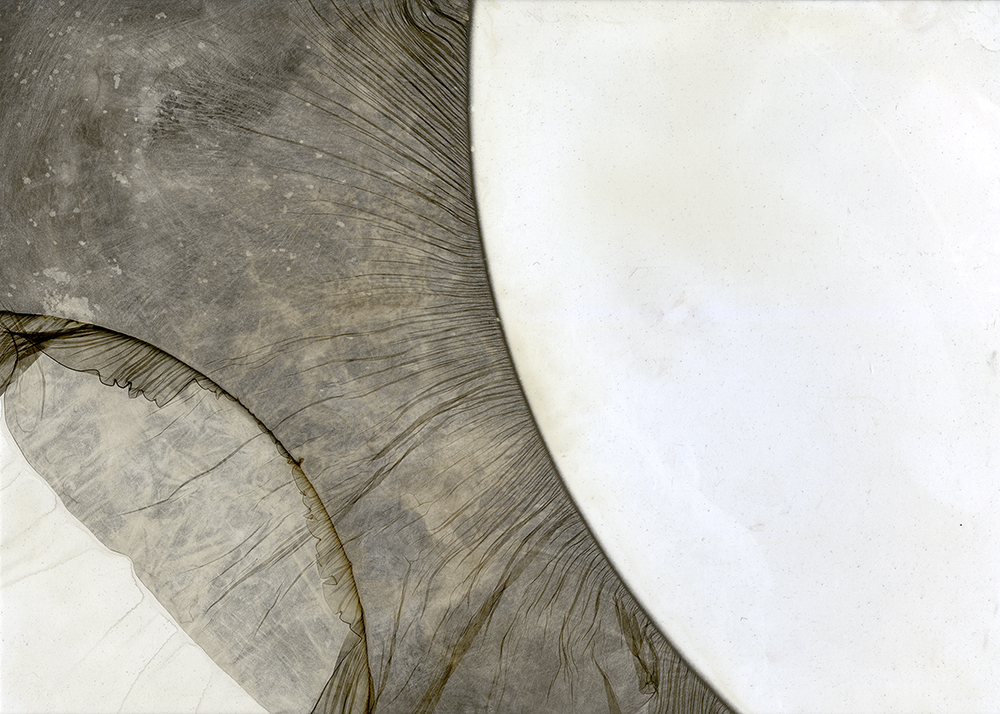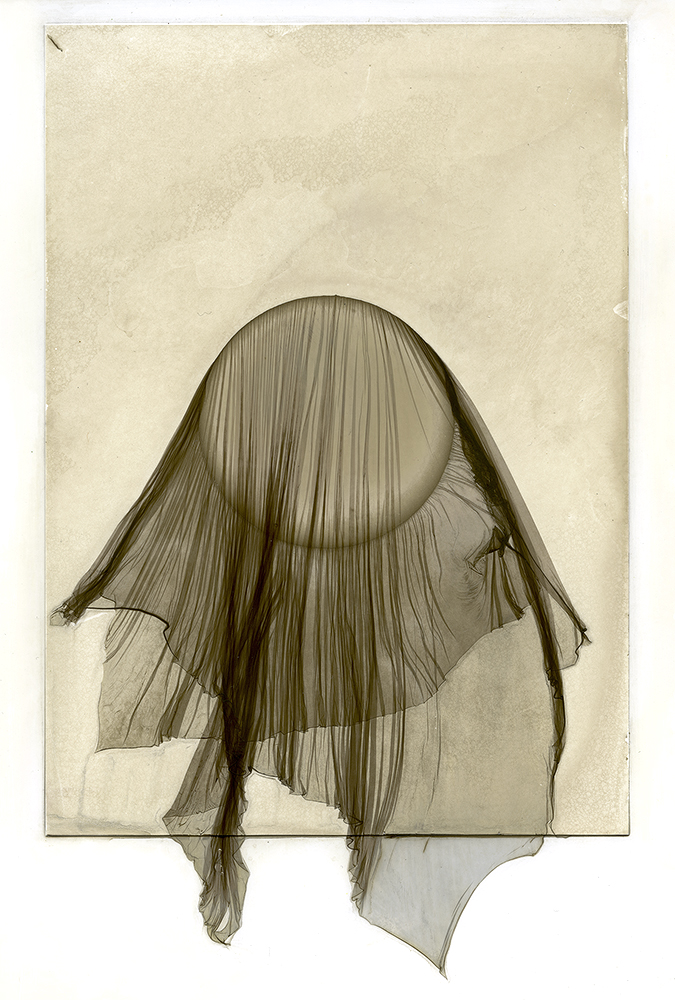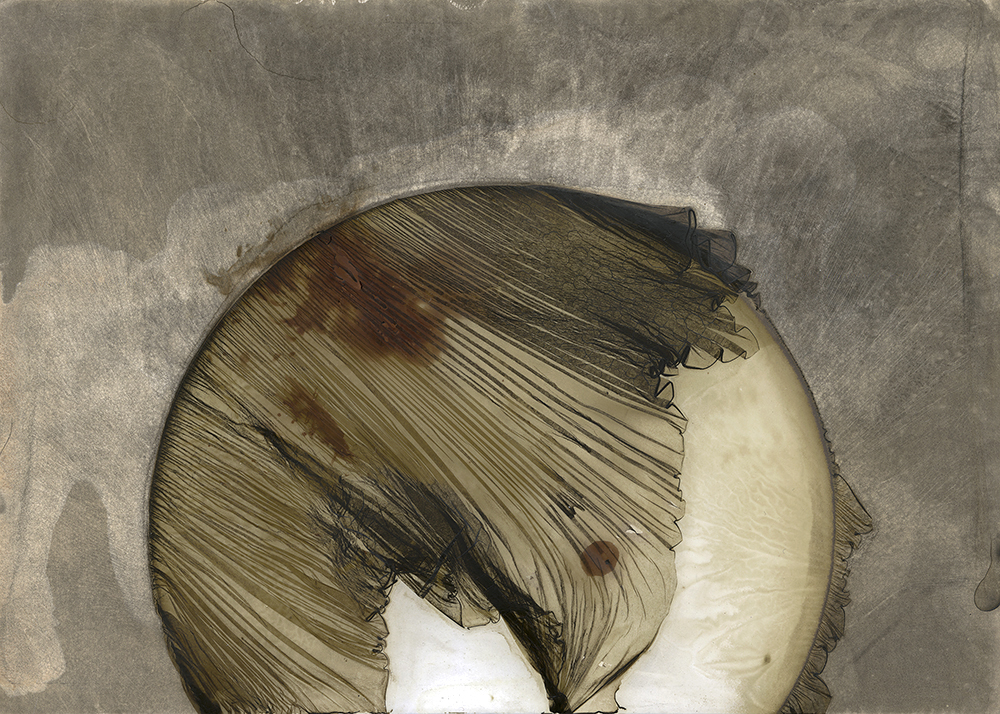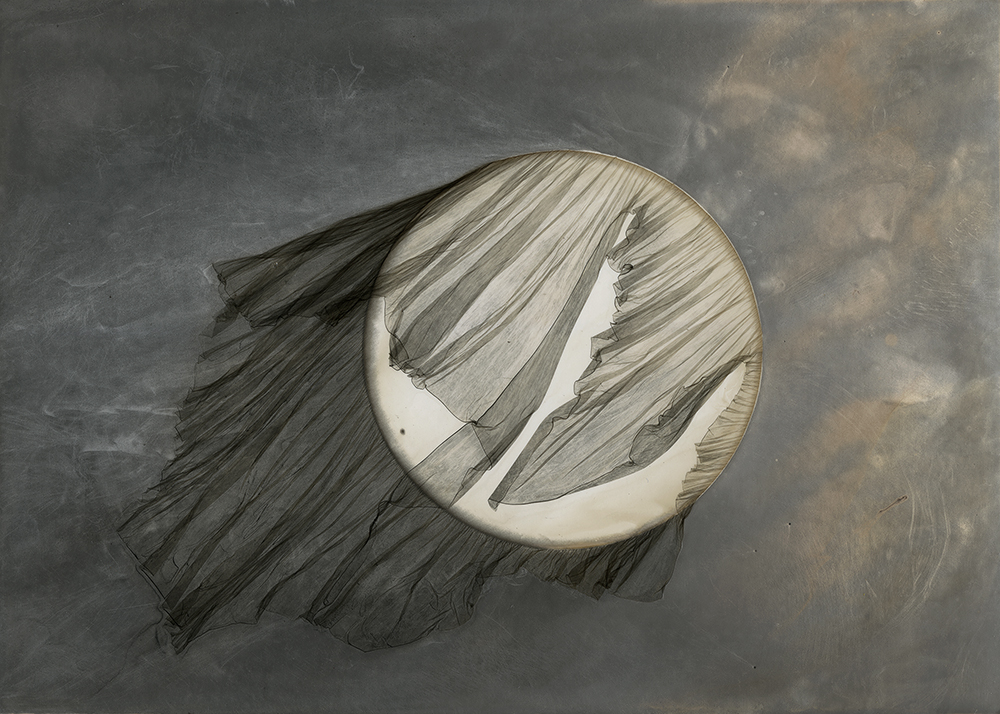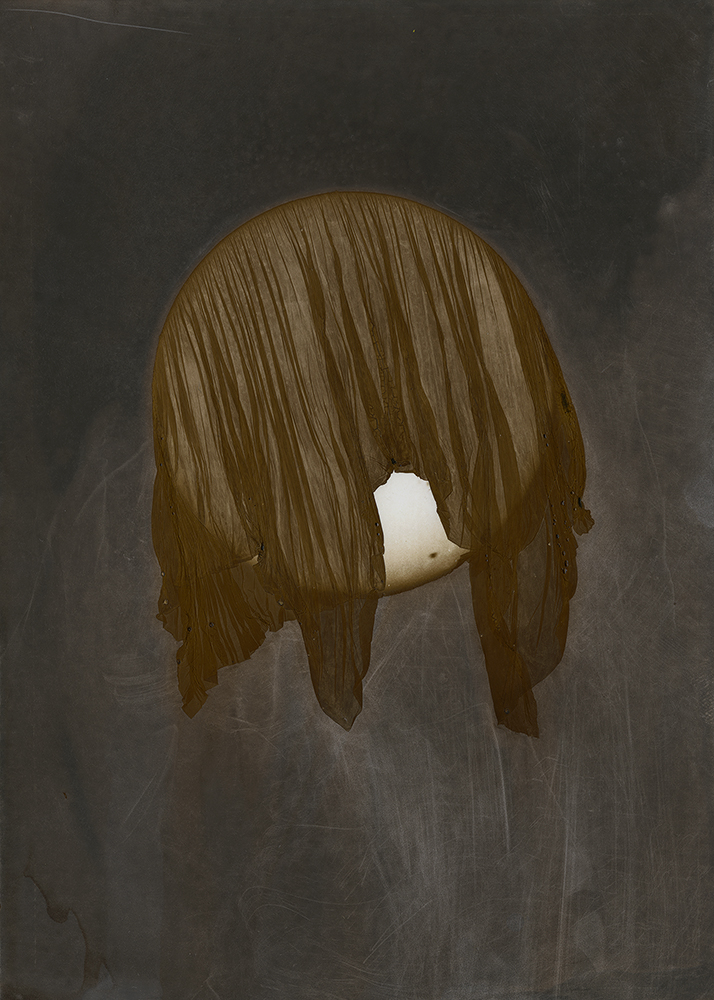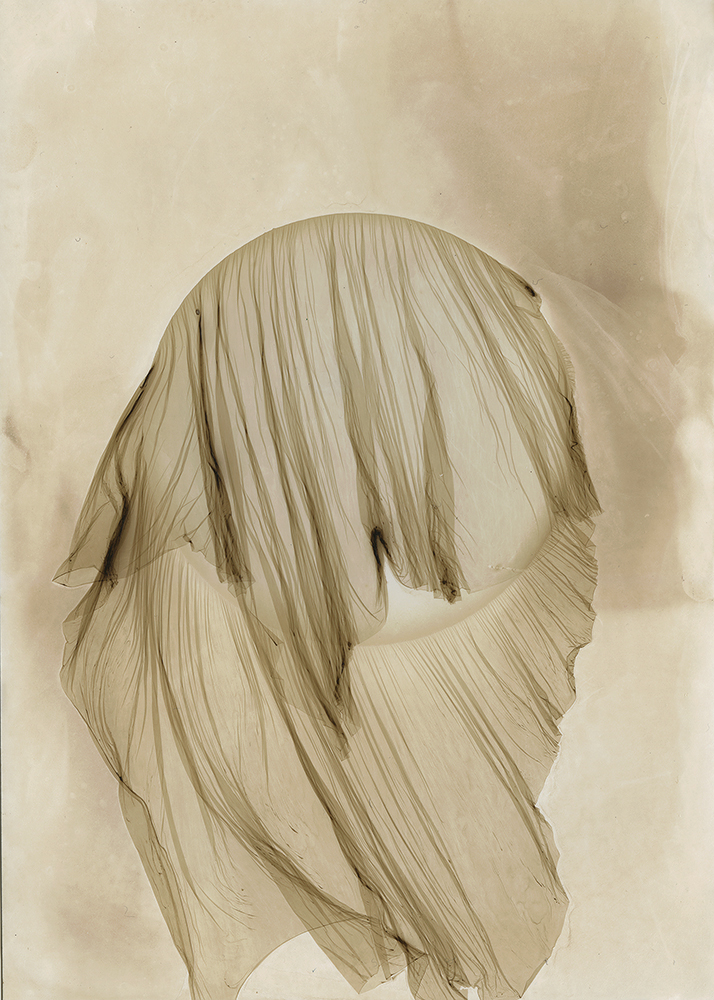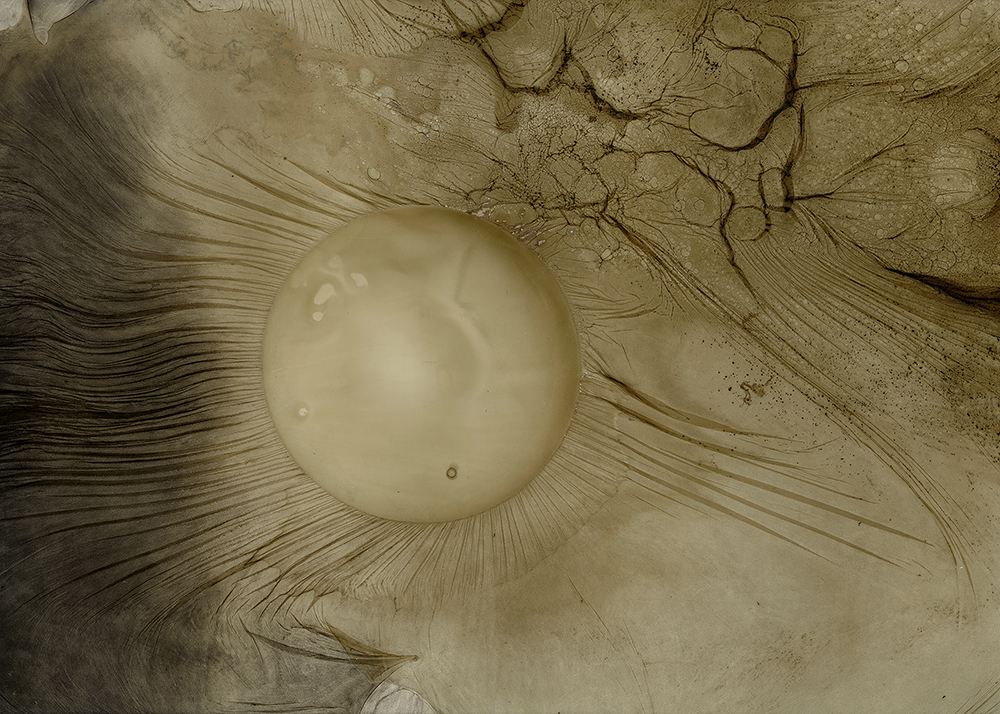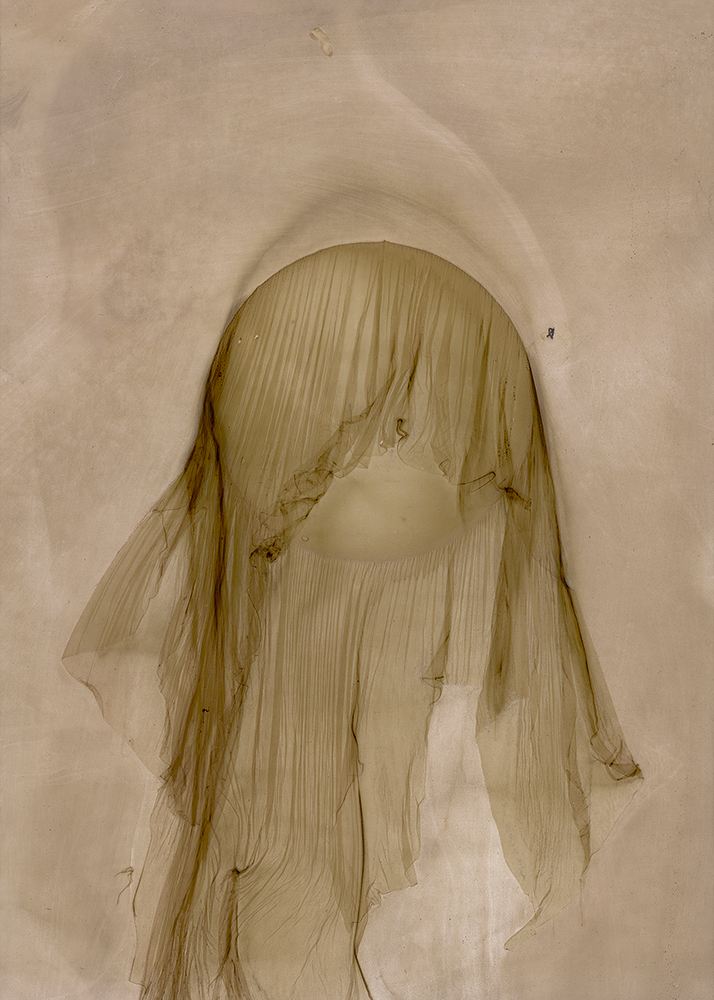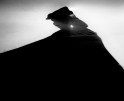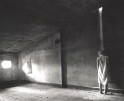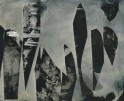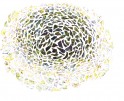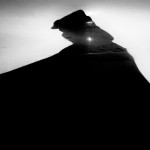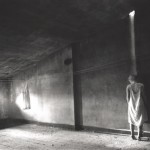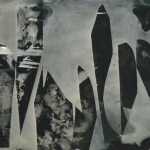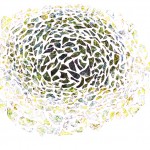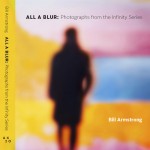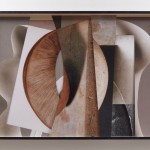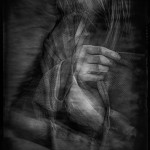Vincenzo Caniparoli: Diary Of A Dying Star
Mordançage is a photographic darkroom process that combines the potential for destruction into spectacular, one-of-a-kind photographs. By lifting the shadow areas into veil-like formations, the photographer transcends the representative image creating a unique abstract representation of the subject. This week we will look at the works of five photographers, each of whom brings a unique take on this challenging and mesmerizing process.
In his series A Diary of a Dying Star, Vincenzo Caniparoli explores the life and death of celestial bodies using the continuous shape of the circle. This poetic portfolio of photographs parallels the drama of a dying star with the destructive qualities of the Mordançage process. The veils surrounding these circles rupture the harmonious boundaries of the circles, creating the illusion of movement or dance. Like looking into the dark night sky, stars shift, move, and vibrate, each to their unique rhythm. Caniparoli distills these illusions into abstraction, returning his subject to shape, light, and darkness.
Vincenzo Caniparoli was born in Pietrasanta, Tuscany, in 1971. Currently he lives in Sardinia. He graduated as a surveyor and worked in the sculpture and architectural marble industry in the Carrara area. He started photographing in 1997, devoting himself first to astrophotography, afterwards he turns his gaze towards humanized landscape. Since always enthusiast of photographic chemistry, from 2011 he deals with alternative processes and Historical photographic techniques. He exhibited his photographs in various exhibitions, in Italy and abroad. Some of his works are part of the Osservatorio Italiano per la Fotografia Stenopeica (Italian Observatory’s archive for Pinhole Photography), at the MUSIF, the Museum of Modern Art and Information of Senigallia (AN), Italy.
Follow Vincenzo Caniparoli on Instagram: @vincenzocaniparoli
My work for the past 6 years is primarily based on alternative photographic processes. Thanks to these techniques I discovered the possibility to create nonexistent or impossible to capture in real life photographic situations. Traditional darkroom techniques and chemical printing in general, alternative processes like the mordançage technique in particular, lent themselves perfectly for this kind of representations. My purpose is to bring everything back to the essential aspects of fluid traits and shapes; photos of a possible real world free falling towards a sort of abstract dimension. The subject of this work are the stars, which almost like living beings, they are born, live their lives and then they die. They can have a long and quiet life or a short and tumultuous one, but in both cases during those stages close to their deaths they will always be marked by dramatic events of an inconceivable magnitude. Diary of a dying star is a sentimental approach with death, that has only one function here: upgrade life. This is the pivot of its poetics, the romantic attempt to exorcise the drama of the last events of existence, accompanying them in a dance of veils that gives a delay, a postponement, or maybe the illusion of another occasion.
Posts on Lenscratch may not be reproduced without the permission of the Lenscratch staff and the photographer.
Recommended
-
Jonathan Silbert: InsightsFebruary 19th, 2026
-
Anne McDonald: Self-PortraitsFebruary 17th, 2026
-
Photography Educator: Erin Ryan StellingJanuary 9th, 2026
-
The Female Gaze: Alysia Macaulay – Forms Uniquely Her OwnDecember 17th, 2025
-
Bill Armstrong: All A Blur: Photographs from the Infinity SeriesNovember 17th, 2025

